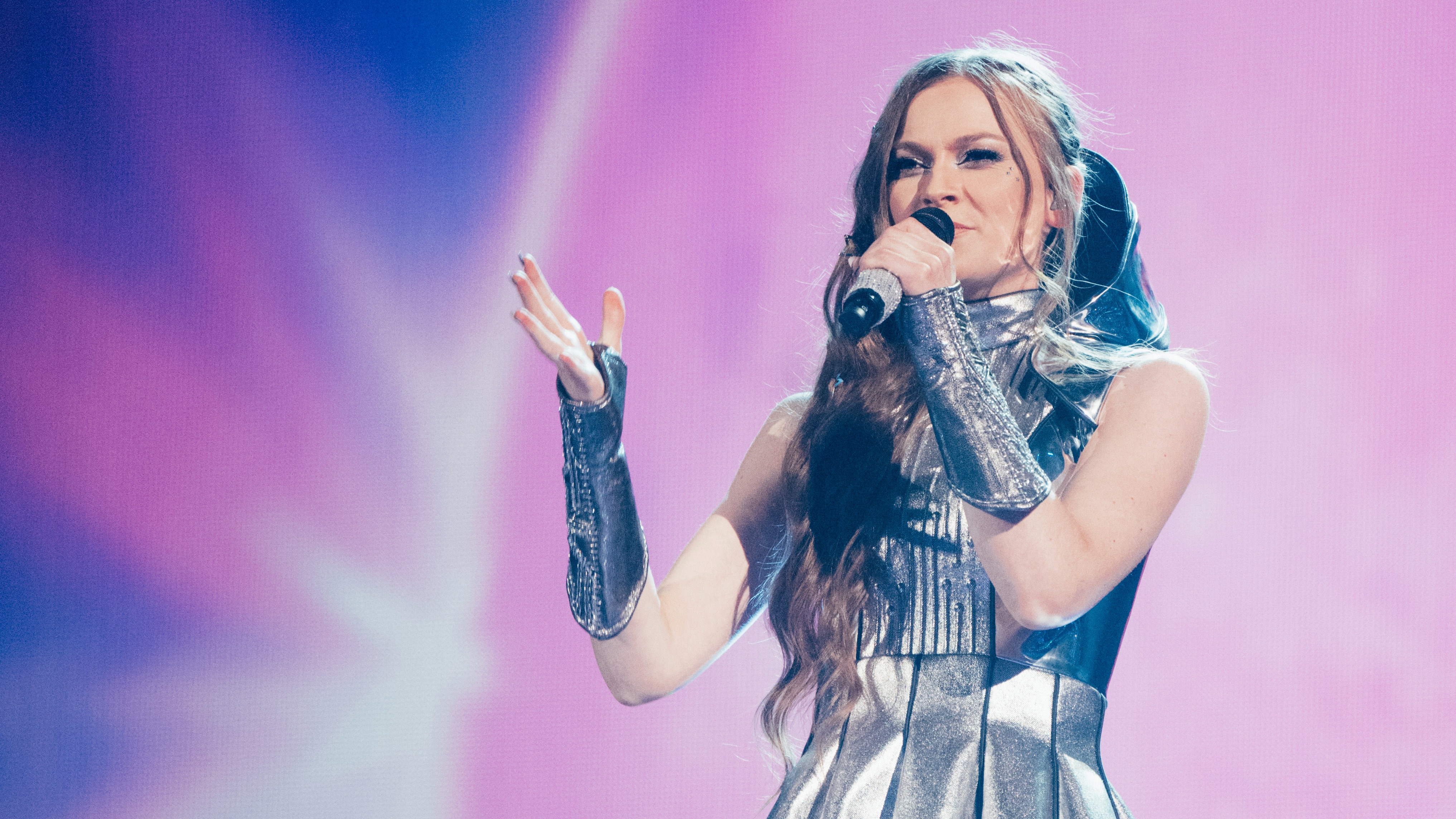The Eurovision Song Contest, known for celebrating music, culture, and international camaraderie, is facing an unprecedented dispute this year. Ireland’s potential withdrawal over Israel’s participation has sparked widespread debate among fans, politicians, and cultural commentators. This conflict reflects the increasingly complex intersection of politics and entertainment, where geopolitical disagreements can influence even widely celebrated cultural events. While Eurovision has traditionally sought to maintain neutrality and foster unity through music, the Irish announcement signals how international tensions can disrupt the spirit of such global celebrations.
Political factors in a cultural gathering
Ireland’s announcement about Eurovision occurs in the context of enduring political struggles in the Middle East. Representatives from the Irish team have mentioned moral issues and current disputes as factors for re-evaluating involvement if Israel is a participant. This position has sparked conversations throughout Europe on whether cultural events such as Eurovision can stay detached from political conversations or if they unavoidably mirror wider global matters.
Historically, Eurovision has carefully managed political sensitivities, with both participants and organizers striving to emphasize music over political declarations. Despite this, the competition has seen controversies in the past, from voting controversies to boycotts, showing that the boundary between celebrating culture and political discourse is frequently unclear. Ireland’s threat introduces additional complexity, prompting discussions about the obligations of countries in harmonizing ethical factors with cultural participation.
The stance of Ireland highlights the significant impact of popular sentiment and activist organizations. Influence from the public and advocacy groups has frequently guided national choices about global events, illustrating that taking part in Eurovision extends beyond merely displaying musical abilities—it can also represent a nation’s ethical and political viewpoint.
Responses from Israel and the global community
Israel’s involvement in Eurovision has traditionally generated both enthusiasm and controversy. The nation has achieved several victories and noteworthy performances, but its political context has sometimes sparked disapproval from other countries. The potential withdrawal by Ireland has prompted diverse reactions: some observers stress the need to distinguish between politics and entertainment, whereas others view boycotts as a valid method of demonstrating opposition to persistent disputes.
European broadcasters and organizers of the Eurovision contest are currently dealing with the issue of finding a resolution. The European Broadcasting Union (EBU), responsible for the competition, has consistently supported the idea that Eurovision should be free from political influence. However, as highlighted by Ireland’s warning, ensuring impartiality can be complex, particularly when public opinions and governmental stances conflict with the event’s management choices.
The global response similarly underscores the delicate balancing act that nations must navigate between their diplomatic priorities and cultural engagements. Ireland’s position might impact other countries with equivalent issues, possibly spurring a trend of ethical evaluation or even more threats of withdrawal. On the other hand, several nations consider taking part as an opportunity to advocate for peace and conversation, supporting the concept that Eurovision can act as a connector instead of a conflict zone.
Effects on Eurovision and worldwide view
If Ireland were to follow through on its threat, it could have significant ramifications for Eurovision’s credibility and viewership. Withdrawal of a long-standing participant might set a precedent for future political disputes to affect the competition, potentially undermining its core principle of uniting nations through music. Additionally, public perception of Eurovision as a purely celebratory and apolitical event could be challenged, altering its image in the global media.
Los medios de comunicación en Europa y más allá han empezado a examinar los posibles resultados, desde complicaciones logísticas hasta las reacciones del público. Los aficionados de Eurovision, que históricamente han celebrado la diversidad y creatividad del certamen, podrían encontrarse discutiendo sobre la ética geopolítica junto con la emoción habitual por las actuaciones, vestuarios y estrategias de votación. La intersección entre política y entretenimiento se está volviendo más evidente, lo que podría indicar que las futuras ediciones de Eurovision tendrán que abordar las sensibilidades políticas de manera más directa.
Furthermore, this scenario highlights a wider tendency in cultural diplomacy, where entertainment venues are progressively viewed as stages for political expression and impact. Although music has the capability to bring people together, it can also intensify separations when fundamental disputes are not settled. Ireland’s commentary emphasizes the fragile equilibrium that event planners and attendees must manage to guarantee that the event stays inclusive, appealing, and considerate of various global viewpoints.
The prospect of Eurovision under political tension
While pressure increases, the forthcoming Eurovision Song Contest will act as an example for the management of political tension in cultural gatherings. The EBU and involved nations must think about approaches to encourage conversation, tackle moral issues, and keep the focus on music as a cohesive element. The possible pullout by Ireland highlights that cultural exchanges are affected by worldwide political dynamics, requiring planners to stay flexible amidst intricate global situations.
The controversy illustrates that Eurovision, while ostensibly a celebration of music and creativity, functions within a broader social and political context. The decisions of individual countries—whether to participate, protest, or withdraw—reflect both domestic values and international perceptions. How Ireland, Israel, and the broader European community navigate this situation could influence future contests and the way audiences perceive the relationship between music and politics on a global scale.
The possibility of Ireland pulling out of Eurovision due to Israel’s involvement goes beyond being just news—it emphasizes the changing nature of global cultural gatherings in an increasingly politicized environment. This situation reveals that music contests are now intertwined with worldwide issues, highlighting the persistent struggle to uphold impartiality, inclusivity, and cultural participation amid geopolitical strife. Eurovision’s capacity to evolve and stay a symbol of solidarity will be challenged, providing valuable perspectives on the future of international entertainment and collaboration through music.





